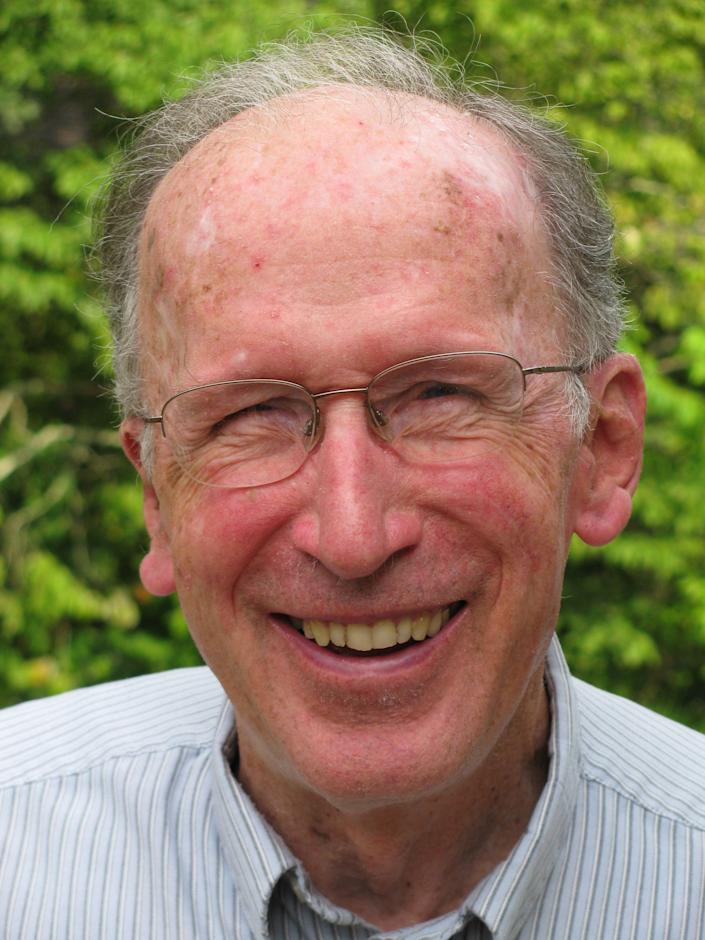
Looking far back in time, agriculture gave humans the first opportunity to build empires because agriculture could support ever larger populations. Empires brought subjugation to millions of people through autocratic rule, something we continue to struggle against today.
The world is slowly moving beyond the age of empires, through the age of nations, to an age of international cooperation. Unfortunately, President Putin of Russia is a “throw-back” to the past because he wants to build back the empire of the Czars that later became the territory of the Soviet Union. His goal is to dominate as many people and lands as possible and gain as much personal wealth and power as possible. Ukraine, with the backing of America, is testing if democracy and cooperation are the way of the future for the world or Putin’s way of empire building.
The Rus (ancestors of the Russians) were originally a Norse people who spread southward on the rivers of Eastern Europe to the Byzantine Empire. Slavs were also in Eastern Europe and intermixed with the Rus. Christianity spread in the area, and in 988 Vladimir, the ruler in Kyiv, was baptized as part of his marriage to a Byzantine princess. Christianity continued spreading in the area. Then Kyiv and Ukraine were overrun by the Mongol Empire in 1240 and the governing center moved north to Novgorod and then Moscow. Ivan IV, or Ivan the Terrible, assumed power in 1547 and established an example of rule by terror.
Finally, the Romanov dynasty came to power in 1613 and began to spread its empire across Central Asia all the way to the Pacific Ocean. President Putin’s dream is to reestablish this empire that became the territory of the USSR. Putin’s desire to dominate and control a large area is not different from the rulers of past empires. His purpose is to perpetuate his personal power and accumulate his personal wealth, which is a corrupt and unacceptable goal in a world that now knows about democracy and the rule of law.
Modern nation states developed slowly in the world and gradually replaced the old empire system. Nation states formed around ethnic and nationalistic identities. Many nations were established after colonial power receded and the populations were able to declare themselves a new state. Nationalism empowered people, but also brought much suffering and elevated some autocrats.
Now we are moving into a world of more international cooperation. After a long history of nations, their various conflicts, and colonial systems of dominating other nations and potential nations, the world finally produced in 1948 after two World Wars an organization that successfully brought many nations together in a cooperative body: the United Nations. An earlier attempt after World War I to organize nations had failed (the League of Nations). The United Nations is not a strong body, but it has a number of agencies and programs that benefit many people. Numerous cooperative bodies now exist in the world, such as the World Bank, World Trade Organization, World Health Organization, and even a World Court. All of these demonstrate the rise of global cooperation in place of empires. Very important in the face of Putin’s unprovoked invasion is the strengthening of the North Atlantic Treaty Organization (NATO) to oppose him.
Overall, it is important to see the present invasion of Ukraine in light of both Putin’s desire to build an empire as existed in the past, but also the development in the world of nation states, followed eventually by international cooperative bodies and the rise of democracies. Putin’s invasion is a backward step in history.
Autocracy is still present throughout the world based on fear fomented by power hungry people. We are seeing that it is even a threat in our own country. The struggle between Ukraine and Russia’s invading force unexpectedly helped to clarify the contrast in values between autocracies and democracies. Complicating the contrast, nationalism can be allied with both autocracy and democracy.
Nationalism is allied with democracy in Ukraine, as earlier in our American struggle for freedom. Yet nationalism can also be allied with autocracy, as earlier in Germany, then in China and North Korea. Nationalism can express self-respect and freedom, but without democracies, nations will fall under the domination of power-hungry people and autocratic systems. We must continue to support Ukraine in its valiant struggle to preserve its freedom and national identity, and push back against the empire building dreams of President Putin.
Rev. Robert L. Montgomery, who holds a Ph.D. in social scientific studies of religion, lives in Black Mountain.
This article originally appeared on Asheville Citizen Times: Opinion: We must push back against empire-building dreams of Putin




